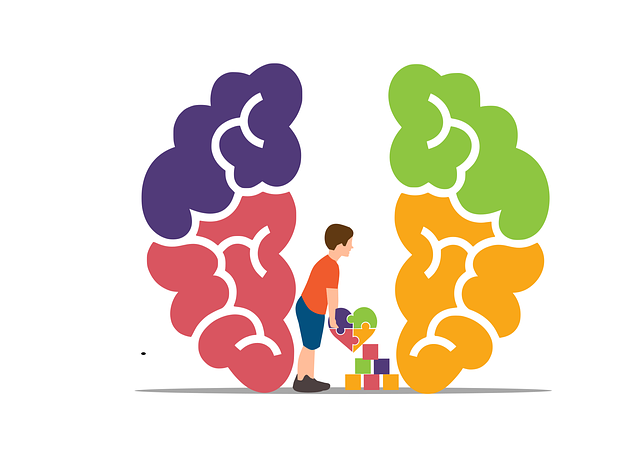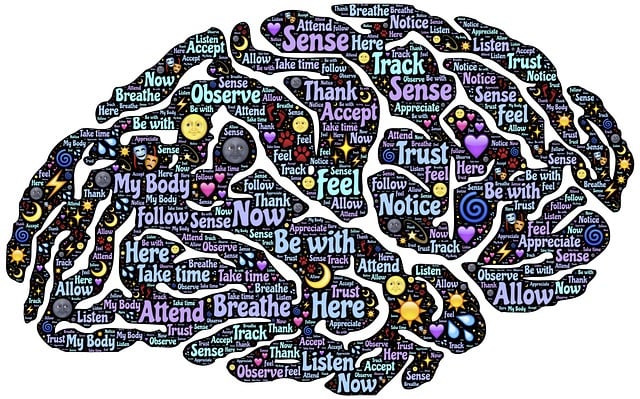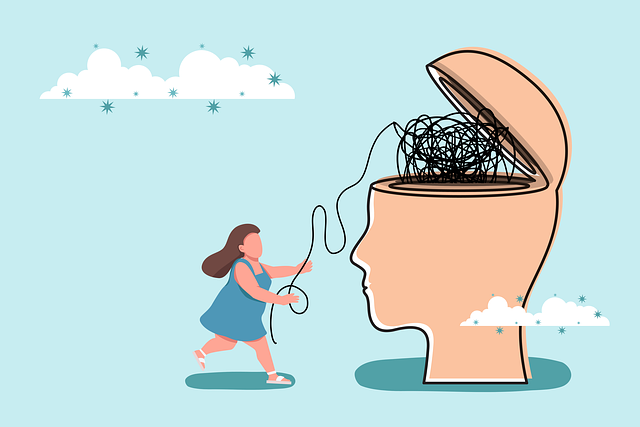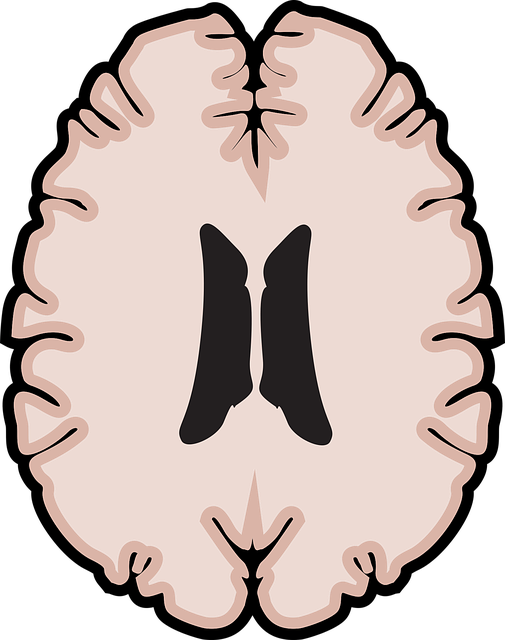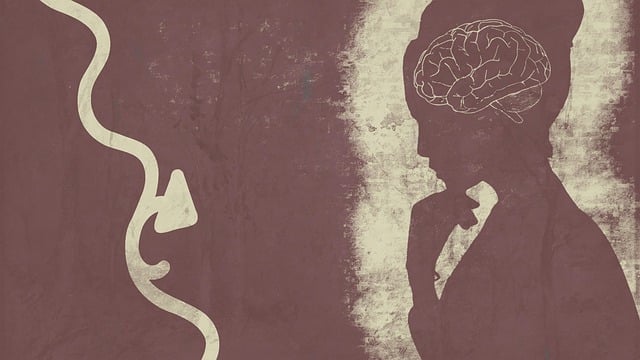Louisville excels in providing effective Louisville Post-Traumatic Stress Disorder Therapy through a range of specialized treatments. Integrating mindfulness, cognitive reframing, and positive thinking techniques, therapists empower individuals to manage PTSD symptoms and build resilience. This holistic approach combines traditional therapy with support groups, offering resources like CBT and EMDR to process traumatic memories. By fostering mental wellness through self-care practices, Louisville PTSD therapy guides clients towards long-term coping skills and a more positive outlook.
Coping skills development is an essential component of effective Louisville Post-Traumatic Stress Disorder (PTSD) therapy. Understanding and mastering these skills can significantly improve one’s ability to manage stress, anxiety, and trauma symptoms. This article explores the critical role of coping mechanisms in PTSD treatment, offering practical guidance for Louisville residents. We break down effective coping strategies, provide a step-by-step guide to integration into daily life, and discuss building resilience for long-term recovery from PTSD.
- Understanding Coping Skills and Their Importance in PTSD Therapy
- Identifying Effective Coping Mechanisms for Louisville Residents
- Integrating Coping Strategies into Daily Life: A Step-by-Step Guide
- Building Resilience: Long-Term Coping Skills for Overcoming PTSD
Understanding Coping Skills and Their Importance in PTSD Therapy

Understanding coping skills is pivotal in the context of Louisville Post-Traumatic Stress Disorder (PTSD) therapy. These skills equip individuals with effective strategies to manage and overcome distressing symptoms, fostering resilience against trauma’s lasting effects. By integrating positive thinking techniques and promoting healthy depression prevention mechanisms, therapists can significantly enhance recovery outcomes.
Coping skills development plays a game-changing role in PTSD therapy by providing survivors with tools to navigate the challenges of their conditions. These include mindfulness exercises that help individuals stay grounded in the present moment, thereby reducing the burden of intrusive memories and flashbacks. Additionally, cognitive reframing techniques enable patients to challenge negative thought patterns, fostering a more positive outlook and alleviating symptoms of depression.
Identifying Effective Coping Mechanisms for Louisville Residents

Louisville residents facing challenges like post-traumatic stress disorder (PTSD) can find solace in identifying and adopting effective coping mechanisms. The city’s diverse community offers a range of resources, from traditional therapy sessions to innovative support groups that cater to various needs. Engaging in emotional healing processes through these avenues enables individuals to manage their conditions proactively.
Healthcare providers in Louisville play a pivotal role in promoting well-being by sharing burnout prevention strategies. This includes integrating self-care practices into daily routines, such as mindfulness exercises and stress management techniques. By adopting these approaches, both residents and professionals can navigate life’s challenges with greater resilience, ensuring a healthier and more balanced lifestyle.
Integrating Coping Strategies into Daily Life: A Step-by-Step Guide

Integrating effective coping strategies into your daily routine is a powerful way to enhance mental wellness and build resilience, especially when navigating challenges like post-traumatic stress disorder (PTSD). Here’s a simple step-by-step guide tailored for individuals seeking Louisville PTSD therapy.
1. Identify Triggers and Coping Trads: Begin by recognizing the situations or reminders that trigger your PTSD symptoms. This could be certain environments, dates, or even thoughts. Once identified, start experimenting with coping strategies like deep breathing exercises, mindfulness meditation, or engaging in creative outlets. These immediate responses can help calm the mind and body during moments of distress.
2. Create a Coping Toolkit: Assemble a personalized toolkit filled with resources that support your mental wellness journey. This might include a journal for tracking emotions, a playlist of soothing music, or a collection of inspirational quotes. Consider adding empathy-building strategies from popular Mental Wellness Podcast Series Production content to foster understanding and connection with others.
3. Establish Routines: Structure is comforting. Create daily routines that prioritize self-care, such as consistent sleep schedules, regular exercise, and dedicated time for hobbies or relaxation. Resilience building often stems from a sense of control, and establishing these routines can empower individuals to face challenges head-on.
4. Practice Self-Compassion: Treat yourself with kindness and understanding. Be patient as you navigate your healing journey. When facing difficult thoughts or emotions, try reframing them with empathy. This practice can foster a positive relationship with yourself, promoting mental wellness and overall resilience.
Building Resilience: Long-Term Coping Skills for Overcoming PTSD

Building resilience is a crucial aspect of long-term coping skills for individuals struggling with Post-Traumatic Stress Disorder (PTSD). Louisville PTSD therapy offers specialized approaches to help clients develop mental fortitude, enabling them to navigate life’s challenges more effectively. Through evidence-based treatments like cognitive behavioral therapy (CBT) and eye movement desensitization and reprocessing (EMDR), individuals can process traumatic memories and reduce the impact of flashbacks and nightmares.
This journey towards resilience involves fostering mental wellness, which can be enhanced through consistent self-care practices and engaging in activities that promote relaxation. The Louisville Post-Traumatic Stress Disorder Therapy also encourages clients to cultivate a growth mindset, seeing setbacks as opportunities for learning and personal development. Resilience building is not just about overcoming difficult experiences; it’s about equipping individuals with tools to thrive and maintain mental wellness, even in the face of adversity.
Coping skills development is a pivotal aspect of managing and overcoming Louisville Post-Traumatic Stress Disorder (PTSD) therapy. By understanding effective coping mechanisms, individuals can navigate their challenges with resilience. The strategies outlined in this article, from identifying personalized mechanisms to integrating them into daily life and building long-term resilience, empower Louisville residents to take control of their mental health journey. Through these proven techniques, one can enhance their ability to cope with stress, trauma, and PTSD symptoms, ultimately leading to improved quality of life.

